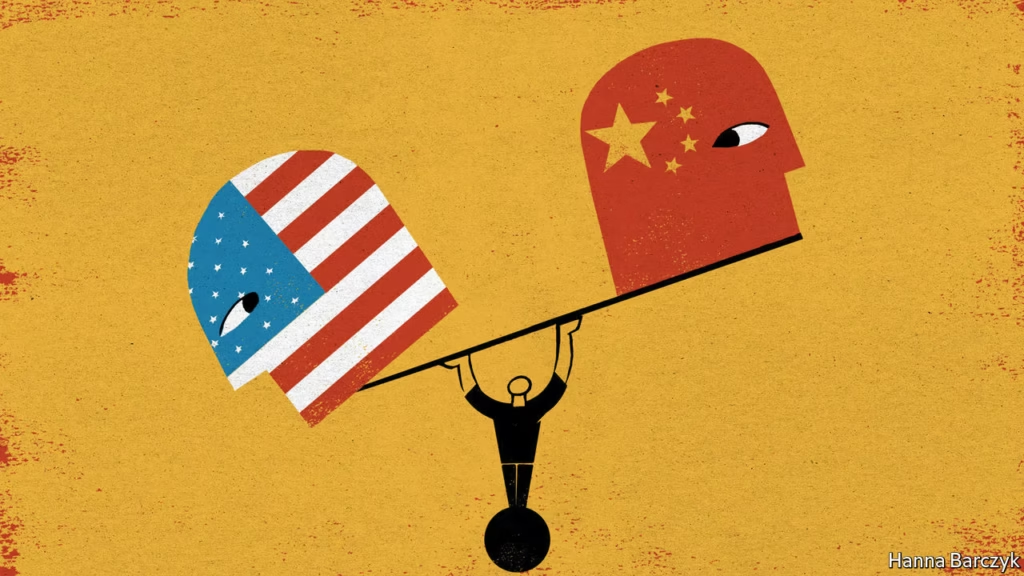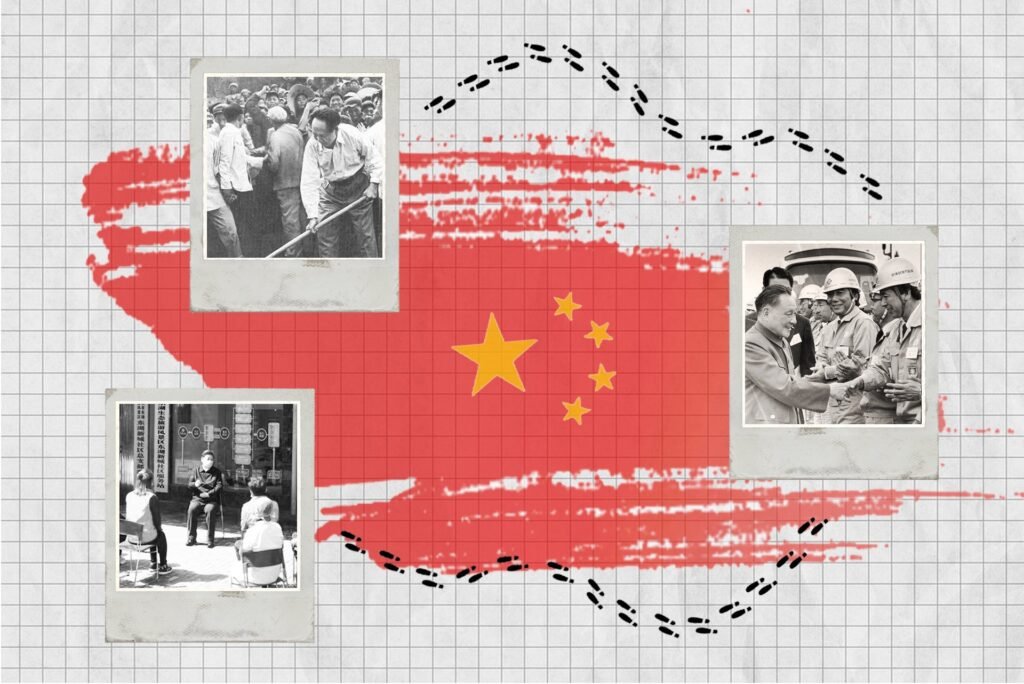Current Conditions and the Desired Future
Imagining a desired societal future is the easiest part of the task. However, merely having a vision for the future is insufficient; a will that guides and sustains the causal chain toward this future must be established. To shape this will with minimal friction, it is first necessary to accurately define the current conditions and structure the mechanisms of collective will in a step-by-step manner aligned with the intended goals. By “will,” we refer to the values that permeate decision-makers within the state’s institutional framework. Constructing such a will requires eliminating undesirable impulses and inclinations that lead to unwanted outcomes. From this perspective, it is essential for the vanguard party representing the state’s will to mature in its holistic ideology and fight corruption to the maximum extent possible.
At the societal level, the primary dynamic producing unchecked desires and compelling these desires into production is competitive, unregulated capitalism. Capitalism, within its ecological framework, is neither inherently good nor bad; it persists as a movement mechanism and directs individuals’ actions within short-term contexts. Within the unchecked capitalist mode of production, the spontaneity of individual emotions translates directly into socio-economic activity. In this system, individuals are confined to limited and disconnected contexts during their lifetimes, often positioned as both exploiter and exploited. Allowing such a system to function uncontrollably deepens social and economic inequalities, leads to the inefficient use of human potential, and accelerates environmental degradation. Therefore, regulating capitalism according to objective necessities and directing it within long-term strategic frameworks becomes an inevitable requirement under current conditions.

The Vanguard Party and Controlling Capitalism
At this juncture, the People’s Republic of China stands out as a successful example of restraining capitalism. Through the discipline of a guiding and leading party, China has achieved noticeable success in subordinating spontaneous capitalist growth to a holistic will. The one-party leadership system in China operates as a continuous responsibility mechanism founded on scientific socialist values. The training and promotion process of party cadres plays a critical role in the functioning of this system. The Communist Party of China (CPC) trains its members through a disciplined, long-term, and multi-layered process. Party members begin their journey at the grassroots level, gaining experience at various levels and systematically developing their ideological, technical, and leadership capacities. The experience cadres gain in the field, and their active roles in local government units contribute to enhancing their administrative skills and crisis management capacity.
Moreover, this training process prioritizes ideological integrity and a disciplined work ethic. The cadre development mechanism within the party establishes a framework that prevents individuals from prioritizing personal interests over collective ones. In this way, party leadership aims to balance ideological loyalty and administrative competence. This approach enables leaders to focus on long-term societal objectives rather than short-term gains.
In contrast, liberal democratic systems often feature complex internal political dynamics. The primary aim of interest groups in such systems is not necessarily to serve the public but to win elections. The effort to persuade the public frequently leads to short-term policy focus before elections. Additionally, competition between rival parties can result in inconsistencies in diplomatic relations.
Political parties in liberal democracies often prioritize short-term competitive advantages over long-term collective benefits. This leads to a lack of holistic vision within the system and weakens its capacity to produce societal benefit.

Comparison Between China’s System and Western Democracy
The liberal democratic system in the West transforms politics into an arena where ideas compete. Politicians employ capital to capture public attention, resulting in intense competition. By its very nature, this system encourages political parties to seek competitive advantages. Such a competitive political approach fosters subjective perspectives and weakens collective perceptions.
Furthermore, political parties in liberal democracies must develop narratives to foster loyalty among their supporters. In this process, concepts often become tools for garnering votes. The responsibility of rhetoric in these systems is to inspire enthusiasm among the masses. Consequently, concepts gradually lose their meaning. This deepens the gap between rhetoric and action over time.
However, China’s one-party leadership system is immune to such issues that arise in liberal democracies. Long-term planning is more easily implemented through a centralized political structure, enabling systematic progress toward societal welfare goals.

Conclusion
A developing country with a governance structure founded on complete trust between the government and its people holds a significant long-term advantage over superpowers experiencing political instability. In a nation with a holistic people’s democracy, decisions and actions are executed in harmony. When the initiative of technically competent cadres with a comprehensive perspective merges with the people’s voluntary participation, societal miracles can occur. For this reason, building a governance system rooted in trust and tailored to a society’s unique structure can be considered a more effective approach than selecting among competing interest groups.
A centralized and consistent governance model offers the long-term trust and stability necessary for ensuring economic and social welfare. In this context, China’s model, developed with socialist values, is an example worthy of further examination.
Abroad Africa AI Beijing Belt & Road BLCU BRICS Burs China chinese CSC Culture Economy education Internship Korea Kültür Langauge movie Russia scholarship science Shanghai Sino Sino Turkish Sino Turkish Sino Turkish Sino Turkish Sino Turkish Studies Sino Turkish Studies Sino Turkish Studies Sino Turkish Studies space Syria Taiwan trump Turkiye Türkiye University USA USTC Xi Jinping Xinjiang ZJUT Çin





